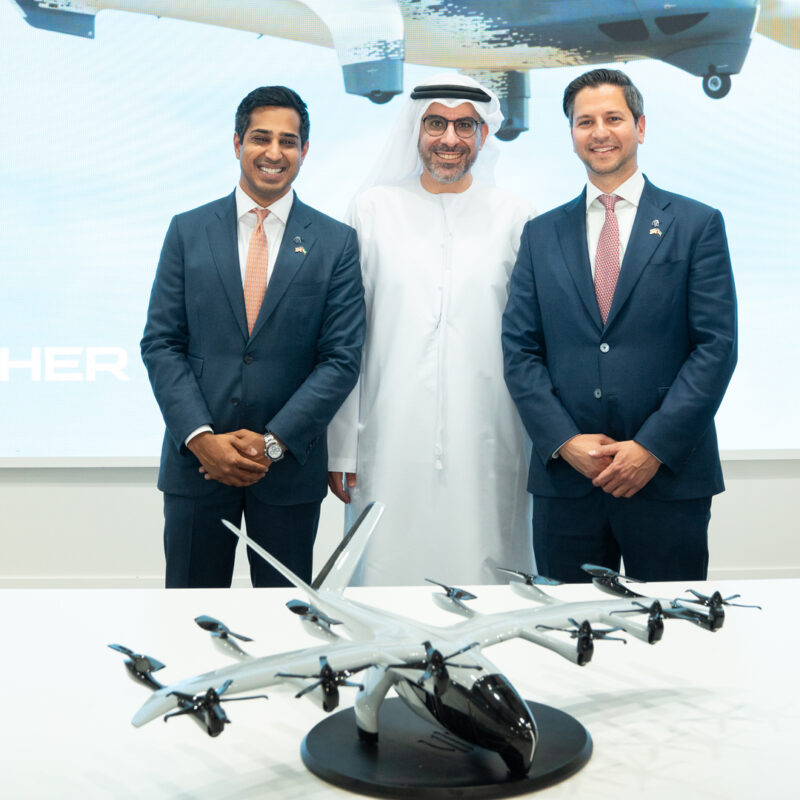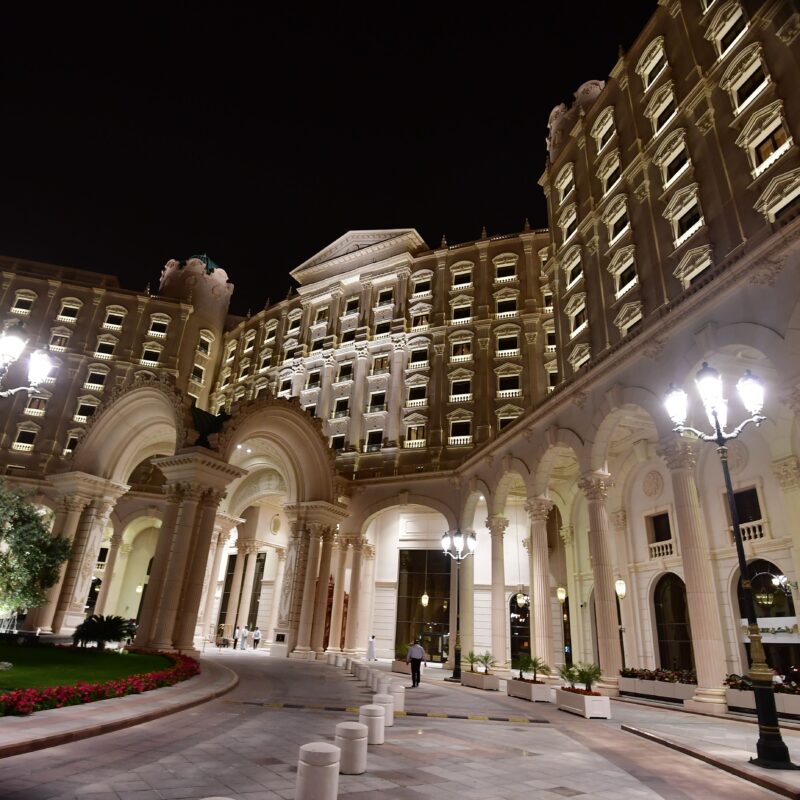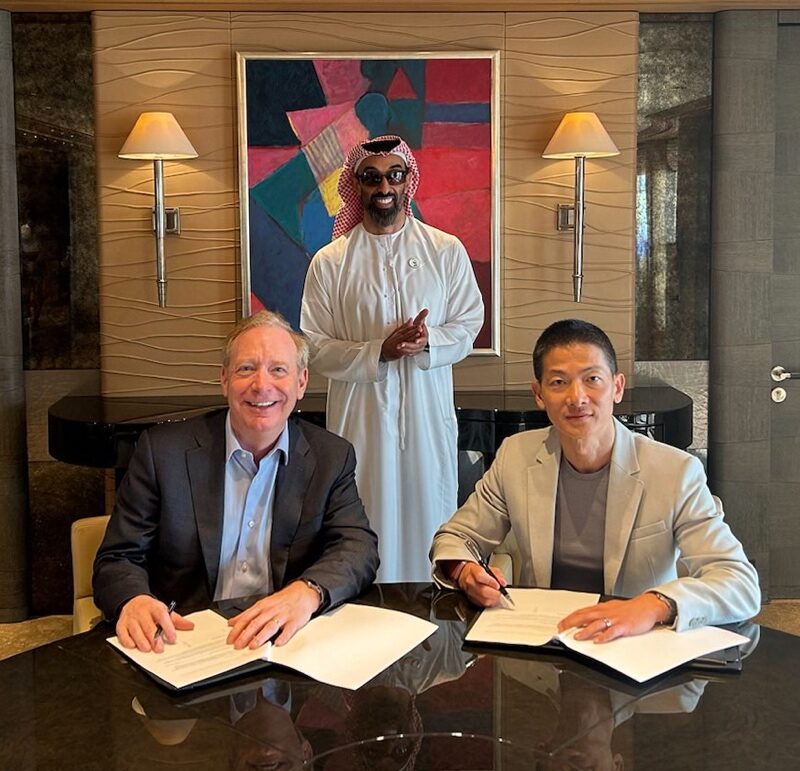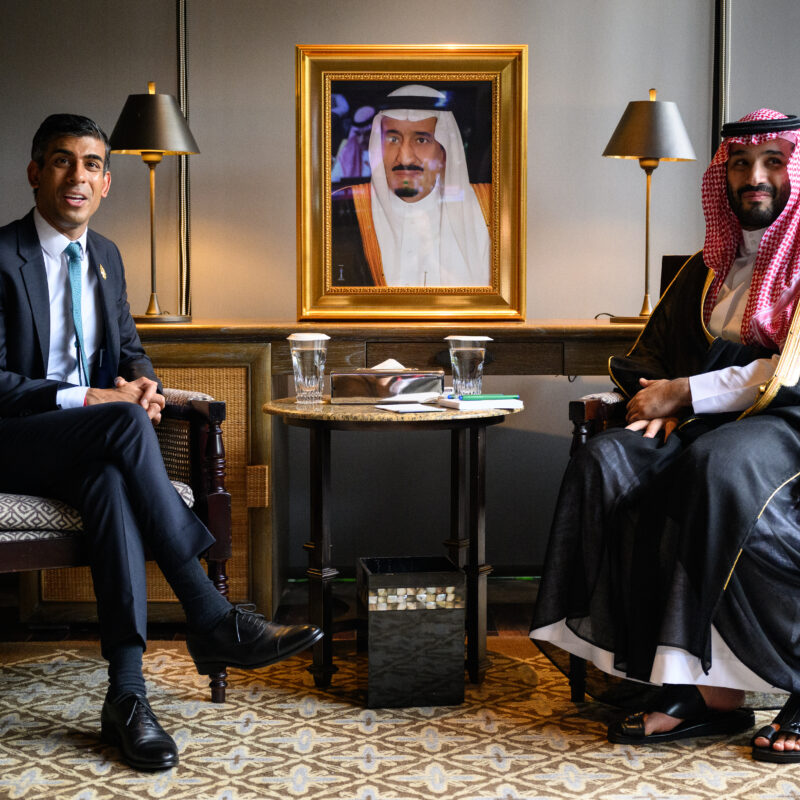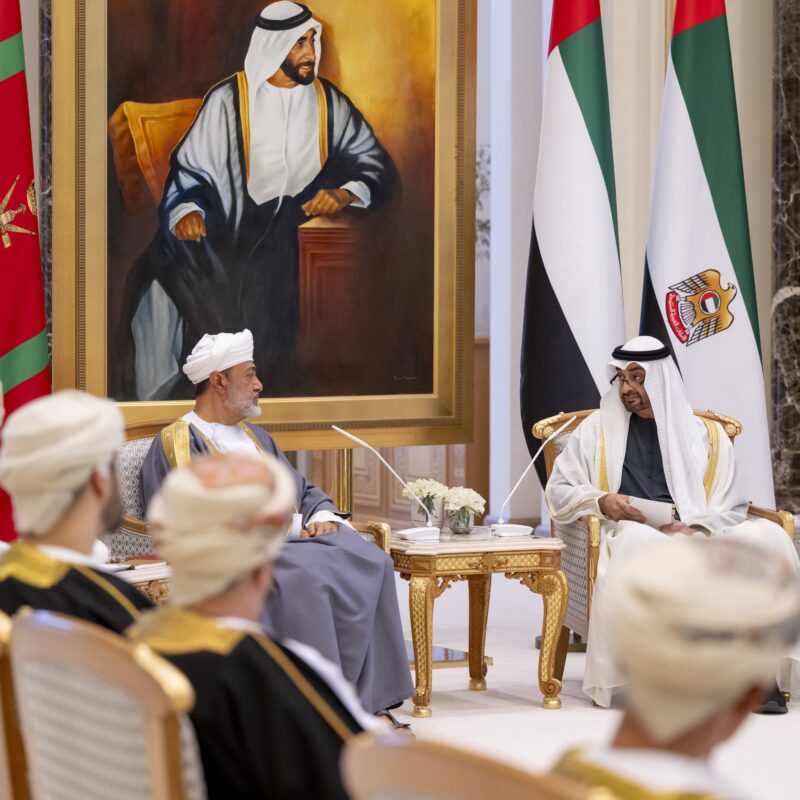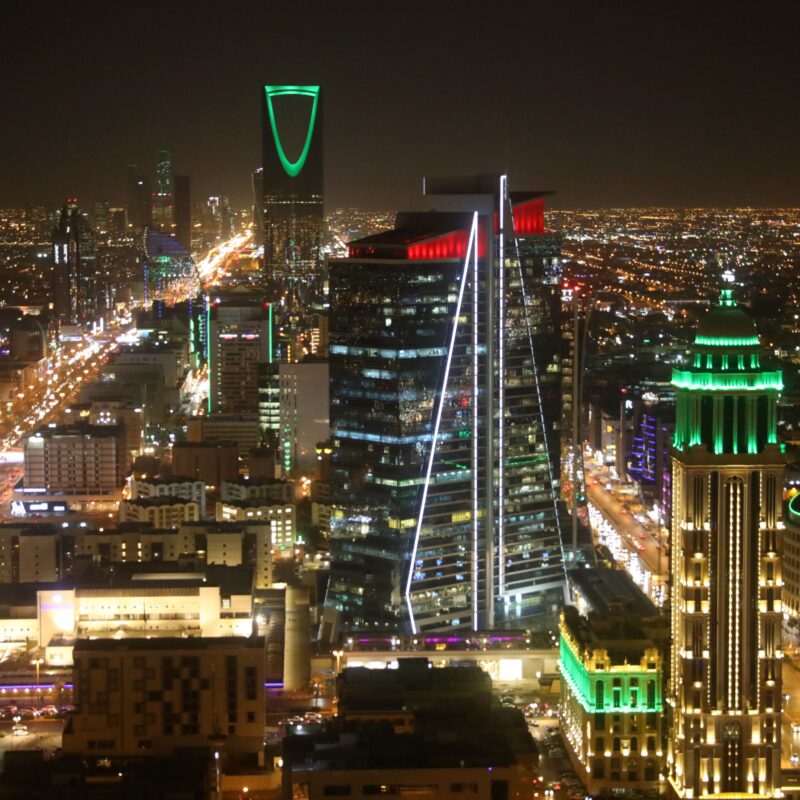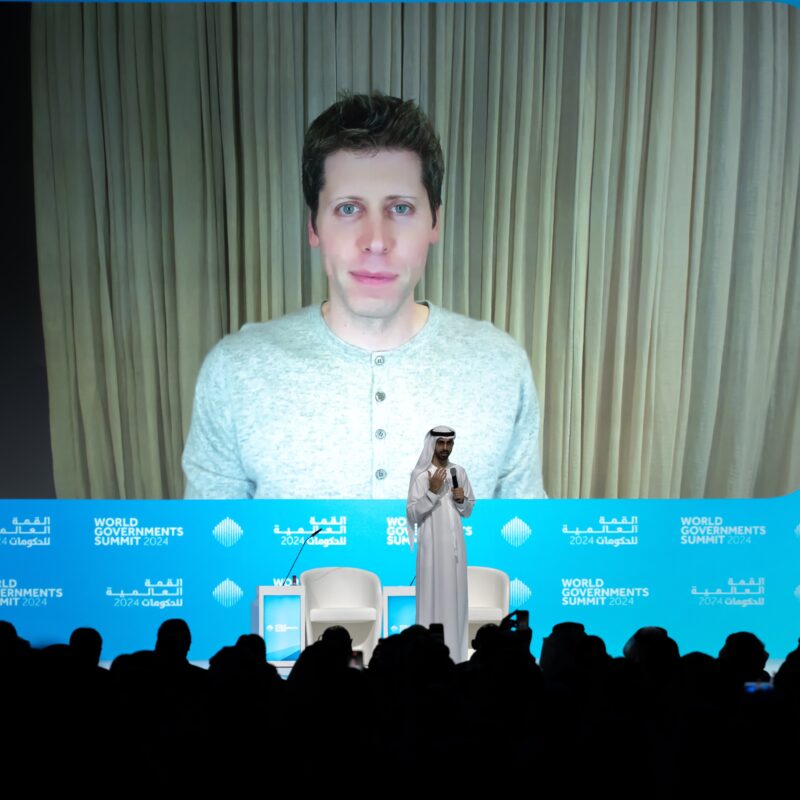Sovereign wealth funds behind vast majority of Middle East business deals, report shows
A new study from Bain & Co. sheds light on why Silicon Valley tech titans and New York financiers are making pilgrimages to the Gulf
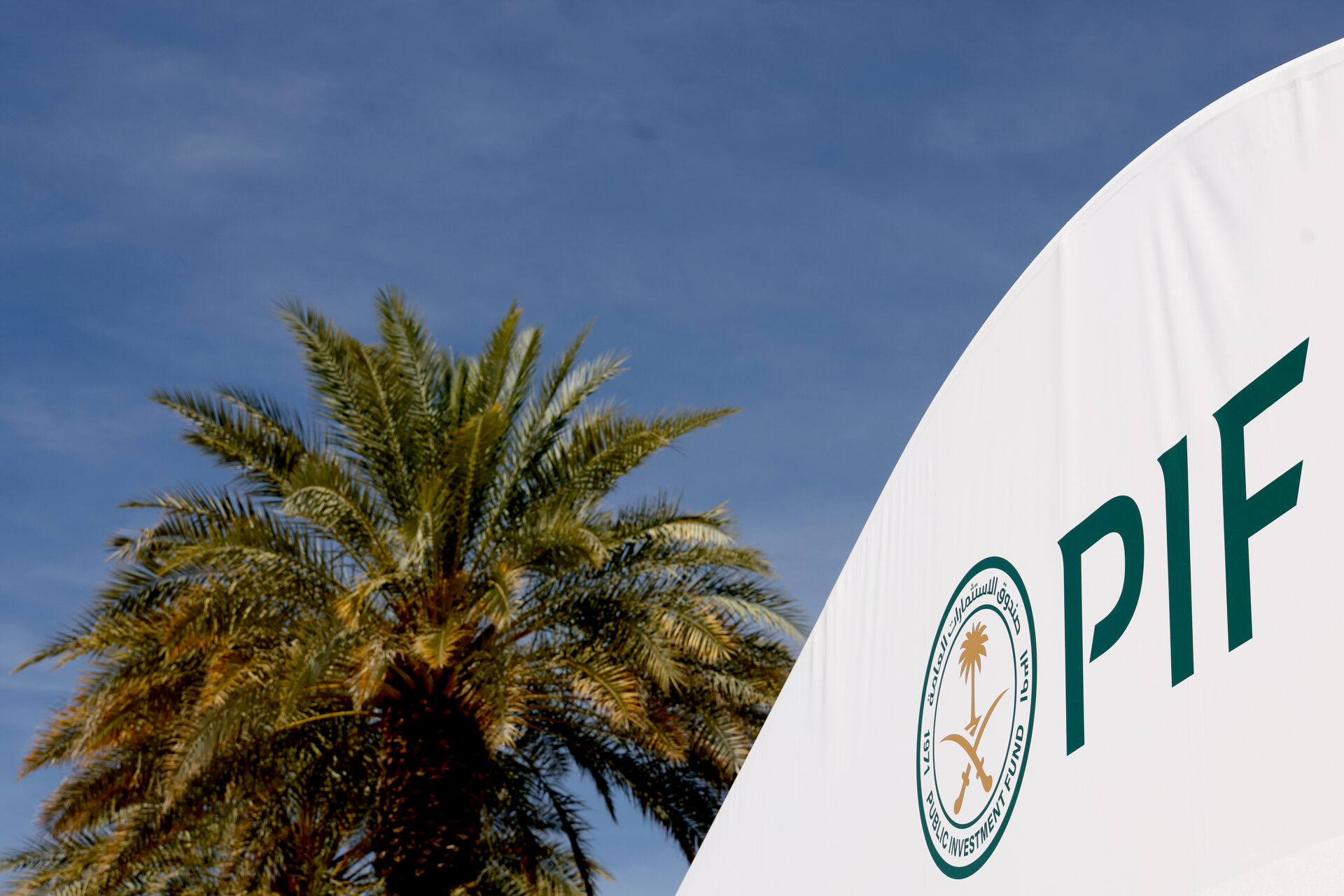
More than 80% of Middle East business deals last year came from sovereign funds, including Saudi Arabia's Public Investment Fund. (Photo: Getty Images)
From artificial intelligence to renewable energy, Gulf sovereign wealth funds have become the go-to source for startup investment in a tight global economy.
A new study from Bain & Co. gives a graphic view of why Silicon Valley tech titans and New York financiers have been making pilgrimages to the Public Investment Fund in Riyadh, Mubadala in Abu Dhabi and the Qatar Investment Authority in Doha.
The Bain report, released on Wednesday, showed that 86% of Middle East business deals last year came from sovereign funds, up from 84% in 2022 and 68% in 2018.
The total value of those deals was an estimated $95 billion in 2023, down from a high of $98 billion in the previous year and more than triple the $26 billion recorded in 2018.
“The region’s sovereign wealth funds sit on an abundance of capital that they are using to accelerate an economic transformation, including an aggressive diversification away from hydrocarbon and an ambitious shift toward deals in Asia,” says the report, written by Bain’s Tom De Waele, Grégory Garnier, Riccardo Molinari and Elif Koc.
In their analysis of the sovereign wealth phenomenon, the authors look at how the funds have been used to build new industries such as esports in the Gulf, noting the $4.9 billion acquisition by PIF-owned Savvy Games of California-based Scopely in July.
The shift toward Asia is illustrated in Mubadala’s co-leading a $2 billion investment last November in the Chinese online fashion company Shein, as well as the $1 billion that the QIA sank into India’s Reliance Retail Ventures in September.
The report examines the role that sovereign funds are playing in the energy transition, noting that commitments made to net-zero goals require them to “actively advocate for emissions reduction in portfolio companies and evaluate investments in enabling decarbonization technologies.”
